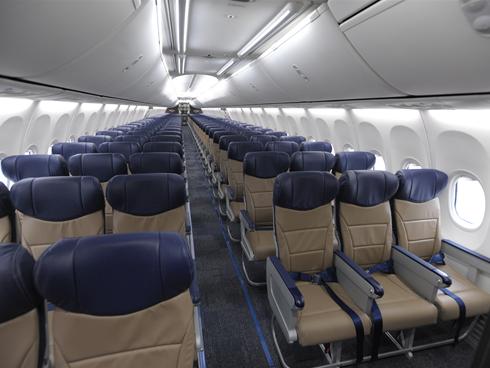
Concerns continue to be expressed about cabin air quality and perceived effects on health.
Aerospace Medicine professionals have been working continuously towards understanding and evaluating the science relevant to cabin air issues for over ten years. The nature of this subject is extremely complex and has challenged many scientists, as well as polarized views from commentators outside the scientific community.
Studies such as the European Cabin Air project have shown that normally the levels of chemical and biological contaminants in aircraft are less than in many work environments such as office buildings.
Cranfield University conducted a series of studies for the United Kingdom Department for Transport and reported their findings in May 2011. The main conclusion of Cranfield’s research was that there was no evidence of pollutants occurring in cabin air at levels exceeding available health and safety standards and guidelines. Levels observed in the flights that formed part of the study were comparable to those typically experienced in domestic settings.
The paper titled "
Cabin Air Quality: A review of current aviation medical understanding" is provided as a summary of the latest scientific evidence related to the cabin air quality issues.
A longer and more detailed review of the cabin air quality scientific evidence can be found in the paper titled "Health Effects of Contaminants in Aircraft Cabin Air."